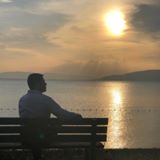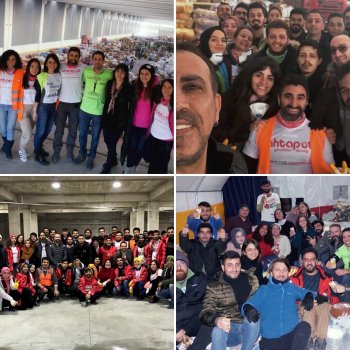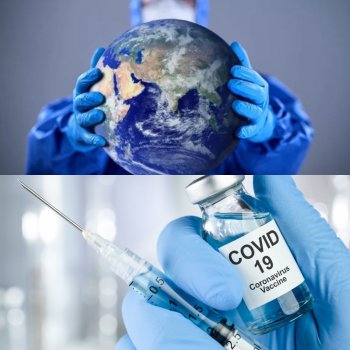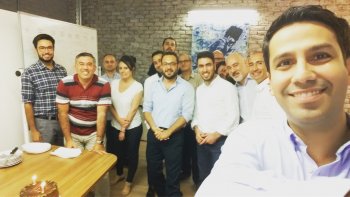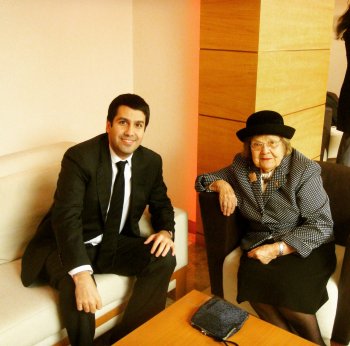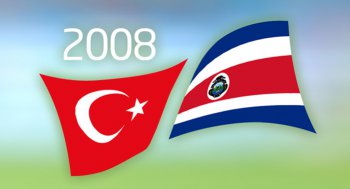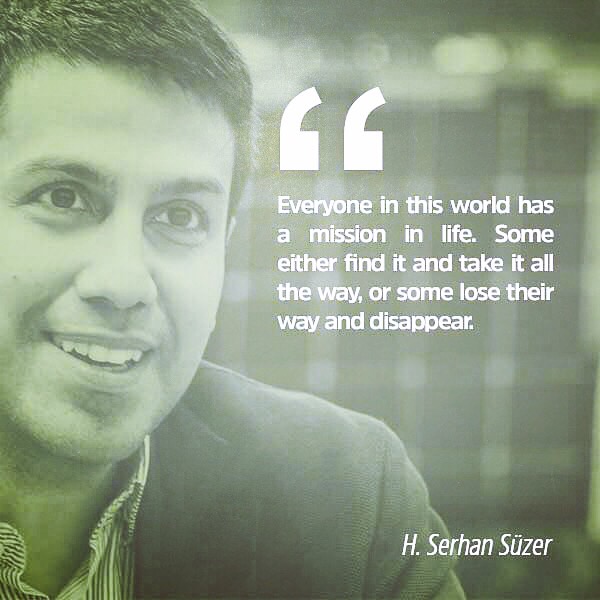The things the virus has taught us
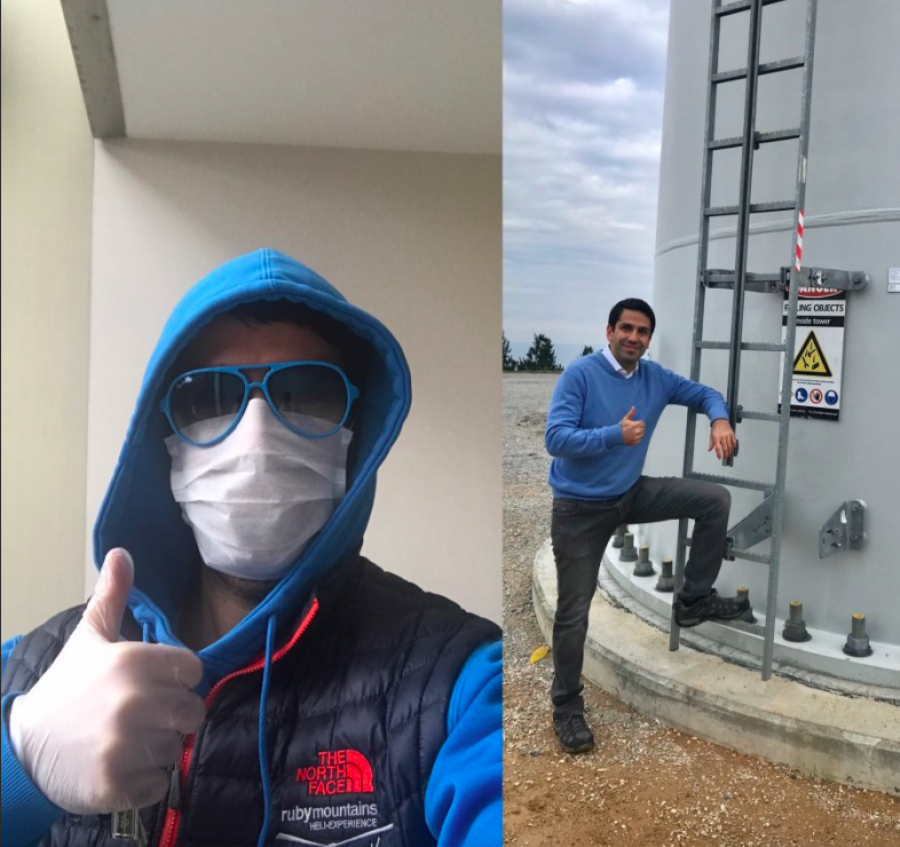
As you know, the Covid-19 virus epidemic turned our lives into a prison and created an environment where everyone had difficulties. In general, when we have serious difficulties or when we have a crisis in our business life or private life, there can actually be some positive gains. The subject of this article will be what the pandemic has taught us and the environment we live in.
You can also perceive these lessons as gains. I personally see these as vested virtues. Here's what the coronavirus has taught us:
1. That health is the most important thing in life
Nothing else matters. Vehbi Koç has a famous saying. I would like to share this quote with you below:
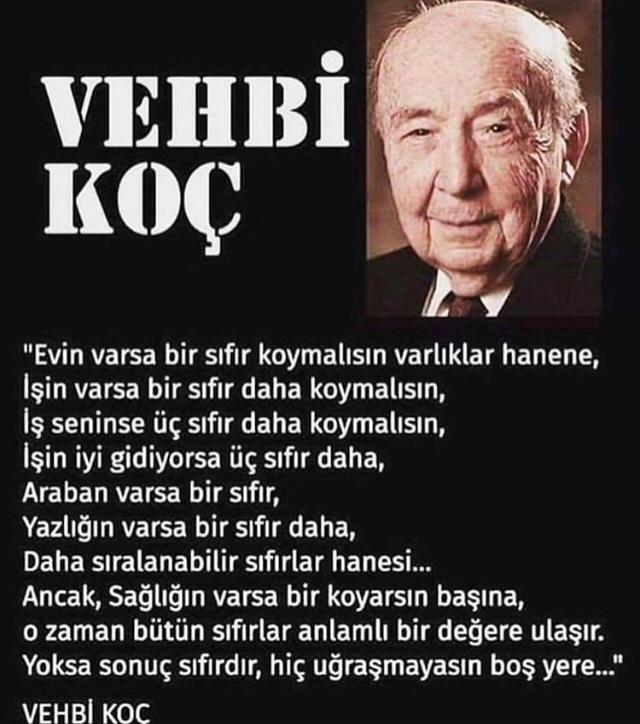
After all, health is one of the zeros put at the beginning. So, if you have health, everything has meaning. The Covid-19 virus outbreak taught us this fact very painfully. Thank God, I have not had any problems nor has my immediate surroundings, but I hear from my friends. Those who suffered in hospital, those whose relatives died, those who suffered permanent damage to their health, what a pain my God. So, while your health is in good condition, know the value and do your best to protect it.
2. The importance of hygiene
We all grew up learning certain hygiene rules from our family and environment. Turkia is in good condition in this regard compared to other countries. I know this because I travel a lot. And recently, this visual was sent to me. Turkia is in second place (by a small margin) in Europe for having the most habit of washing hands after using the toilet.
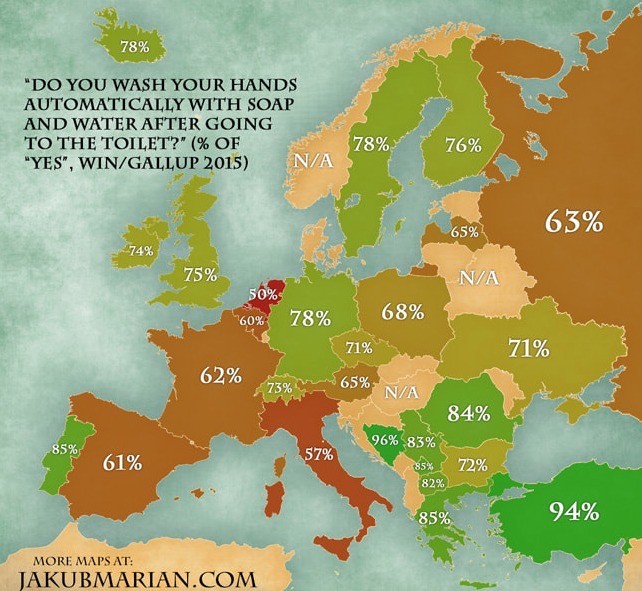
However, because doing this is not enough, we now meticulously do things that we never used to do, such as soaping our hands for 20 seconds, cleaning items such as computers that we constantly touch, and keeping the house clean. These acquired habits in terms of hygiene must continue after the pandemic.
3. Freedom is invaluable
We all now understand what a luxury it is to go out and wander freely anytime during the gradual curfews put in place. I look forward to the days when we will all enjoy freedom while we heal the wounds of the epidemic. Living our lives freely to the fullest is the greatest blessing bestowed upon humanity.
4. How important it is to show that you care for your loved ones
I never used to see them that often in the past. At its best, I was visiting my mum or grandma once a week (usually on a Sunday). We have now started video chatting almost every day or every other day. This gives pleasure to both me and my immediate environment. Of course, it is another pleasure to be in the same place physically, but even this keeps our morale and motivation high. So be careful to spend a lot of time while your loved ones are alive. Know the value of their existence.
5. Sustainability is a must
I always say the following in all my presentations; Make it a principle to protect sustainability in your private and professional life. So, whatever you do, always think of the natural cycle and make sure that your actions always put back into the natural cycle. So, don't break the natural cycle. For example, sort out your garbage. Collect your organic waste (food waste, etc.), compost and use it for reclamation of the soil around you. If all people don’t act by respecting these principles, then climate change can do what the virus cannot do in the future. Humanity has to study the elements that are under threat. The three biggest dangers for human survival are epidemic, climate change and nuclear threat.
6. A humble life should be one of our principles
We have all been living a modest life in certain square meters in our home for weeks. So, there was no need for that splendour or luxury life. We could all settle for less. After the pandemic, we need to continue with the same habits and discipline - and it is always useful to have a tidy life and to be humble. It protects you from outside evil and ensures that you keep yourself together.
7. Self-sufficiency is essential
Due to Covid-19, we have been directed to work at home since March 16. My first question to the cleaning lady who came to my house that week was "Can you teach me how to use the dishwasher and washing machine, and by what mechanism do you clean the floors?". She looked at me in surprise, laughed and said, “Don't worry, I will do these things too so you have less work left for you, so you can also clean the terrace, etc. and focus on the other parts of the house”. Then I added: “It is my shortcoming that I have never been involved in housework before. I am now entering the learning process about housework. When there is a crisis, I need to be able to clean the house myself, even if it is a little bit". She then said, “You are right Mr. Serhan. This actually makes me feel very comfortable. Where do we start, dishwasher or washing machine?”. I can say that I have made great progress since that day. My effort to keep the house clean every day made a big difference in terms of the daily hygiene of the house. For example, as a principle, after every meal, I rinse the plates, cutlery, etc. (mine is like a pre-wash beyond rinsing) and then put it in the dishwasher. I am happy to have solved these issues. My next goal is to learn how to cook. Although my aunt and mother feed me, I have to learn how to cook myself.
By the way, I always respected this, but after I got into the housework, I experienced what a great job women can do. I wash a lot of laundry and dishes at home even by myself, and this can be really tiring sometimes. Think of the women who pull the whole family together. I take my hat off to them…
8.All people are the same
After all, we all have a life. We can eat and move on a certain scale. Man has many limitations. Assuming that we all have a limited lifetime, we are all basically the same as the rich and poor, the white race, the black race, the short and tall. This pandemic affected all people on earth in the same way. Of course, those with chronic diseases, those with health problems, those with low immune systems and the elderly were affected a lot more. Countries that are constantly quarrelling with each other also suffer from the same problem, and perhaps for the first time, everybody is working on how to save humanity from this pandemic scourge. For example, when someone finds this vaccine, the whole world will benefit from it. This will not stay in one country. Therefore, although we humans differ greatly in terms of culture, race, language, and belief (even from the same family), we are basically all the same. That is why we need to get rid of stupid habits such as racism and prejudices.
9.Digitalization
I recently received a survey question. It asked: Who provided digitalization in your company? These were the options: your manager, your CEO, your employees etc. I think the last option will be the most marked one: Covid-19. Truly, we are all in constant video calls at homes. I used to use zoom in the past, but only very rarely. Now our life is zoom, Skype, WhatsApp, Facetime etc. In fact, I am happy with this situation because my productivity has increased. We don’t lose and waste any time with traffic and other pointless things, we get straight to the point. This is a good situation.
10. Cultural differences can determine the fate of a country in disaster situations.
The culture of the people in any country and how they perceive this post-disaster situation can determine the fate of that country. The Chinese, for example, applied what the government said uncompromisingly and with complete discipline. The same is not true of the developed countries in the West. Especially the governments of the countries in the Mediterranean culture, which are famous for not being able to come together and have serious difficulties in speaking to their people. Despite everything, knowing the culture of their people and taking proactive measures accordingly, they managed this crisis relatively better.
We are currently in such an environment that all information and data can instantly reach every region of the world, everyone is aware of everything, so everyone compares each other. Due to this comparison and the consensus formed by the public, there will be post-epidemic changes in many countries. Those who manage the crisis relatively well will strengthen their positions and continue to govern the countries they are responsible for, and citizens of some countries will say “we’ve had enough” and overthrow those in power in the next election. This epidemic revealed all the weaknesses in different countries quite blatantly. As a result, be prepared for changes in some post-epidemic countries.
11. Scientists should always be cherished
I heard this from someone recently. In Spain, they’ve compared soccer players and scientists and have asked, "Let's see if the players you gave those million dollars to can save you from this virus epidemic." They then add: “This is what will happen if you hire scientists to work on R&D at a minimum wage. You cannot prevent the epidemic". They are really right. Countries were caught unprepared for this crisis. If they had created additional budgets for different vaccines and made some vaccines and drugs ready, this epidemic effect would be very limited. Now the situation is different. We are all going through this exasperation. Let the million-dollar football players or singers solve this crisis (figuratively, of course) ...
I hope that from now on, we will give the scientists, doctors, experts and healthcare professionals the value they deserve.
12. How critical the role of the healthcare industry and manufacturers of essential products play in our lives
What I have said for scientists; is also valid for doctors, healthcare workers, agricultural workers, people who produce basic necessities such as food and cleaning products, deliver them to us, and work in markets. We have all seen how critical these people play in our survival. We need to give them the material and moral value they deserve from now on.
13. Wars are not just caused with guns
We all feel like we're in a movie right now. None of us have had such an experience in our lives. Perhaps the equivalent of this post-disaster situation we live in is the atomic bomb. Even the atomic bomb is a post-disaster situation that can be prevented by living in underground shelters for a certain period of time. Here, we are fighting an enemy that we have not seen or cannot predict exactly. God forbid if this Covid-19 was more lethal, humanity would face the danger of extinction. Although the epidemic effect is very high, thankfully the lethality rate is low compared to other viruses. But this shows that we should not ignore the risk that a more virulent virus could turn into a pandemic from now on.
14. Humanity is very fragile and the possibility of being erased from the earth.
We humans are actually very fragile. We are weak. Our greatest feature is that we are flexible and we can adapt quickly. That's why we were able to go beyond finding a place for ourselves in this world. Otherwise, many factors such as too hot or cold conditions, illnesses, head traumas, viruses, stress, insomnia, unhealthy diet, being overweight, excessive smoking and drinking may even cost us our health. This coronavirus reminded us once again how fragile we are, and even struck us with the fact that all people could lose their lives collectively. Therefore, we need to take measures proactively by thinking about the health issue of all people and the administrations they formed and how we can prevent such disasters. Otherwise, we may not be able to prevent humanity from being erased from the earth.
15. Living the "moment"
Let's make a short and concise definition about living in the moment, as you can find on the internet: It is the ability to focus and enjoy the moment without feeling the pressure of the past or the future. "Carpe Diem" is my favourite word in Latin. To be able to feel that moment of time, to prevent positive and negative thoughts arising from the past and the future, to focus on what needs to be done, to enjoy it. This is a very deep subject actually. It's even a solid blog topic. At this stage, many people have learnt or are learning how important it is to live in the moment in their home and that they should enjoy that life that somehow fits in a home, even if the conditions they live in are troubling.
My advice to those who insist on not learning this is, do research on the internet on the "Carpe Diem" philosophy and push yourself on this. I am sure that it will be good for you to live in accordance with this philosophy during this time.
16. Always try to be optimistic
Covid-19 patients all have a common explanation. More important than medication is morale and motivation. We have always tried to keep our morale high during the recovery process. The support messages received for this have impressed us very positively. In fact, whether we are sick or not, we are always optimistic and remind ourselves that these days are temporary. Otherwise, this life cannot be lived. That's why there are many people at home who suffer from severe depression. Just because of this, Covid-19 patients who can normally recover either take too long to recover or they lose their lives. Regardless, let's always keep our morale high in health.
17. We should move to the new world order
Many things will not be the same from now on. We have to change some of our habits, order, management style and even our life model. So essentially, we need to bring a new world order. I plan to share the details of this in my next blog post.
For now, stay healthy.
Note: The composition of the banner image of this article is as follows: My picture on the left is a selfie I took before going to the market in the pandemic environment. The picture I took on the base is of the turbine numbered T2 in the Izmit Kandıra RES project, which was also interrupted by the pandemic when it was about to be put into operation, (we will definitely put this project into operation, no doubt). As you can see from the "everything is ok" sign in both pictures, I keep my morale and motivation high.
A bonus section to this post:
1. I was the guest of Idema on Friday evening, April 3. We chatted with Sarıca from the Needs Map and Itır from Adim Adim. Here you can access the broadcast of that chat on Spotify from this link: http://www.idemahaber.com/good4cast-besinci-program-ile-yayinda-pandemide-inovatif-cozumler/
2. On Friday April 10, we spoke with JCI Turkia Talk Food Inspiration about Food Banking and the Pandemic. Here is the post of this talk:
Tag: sağlık
